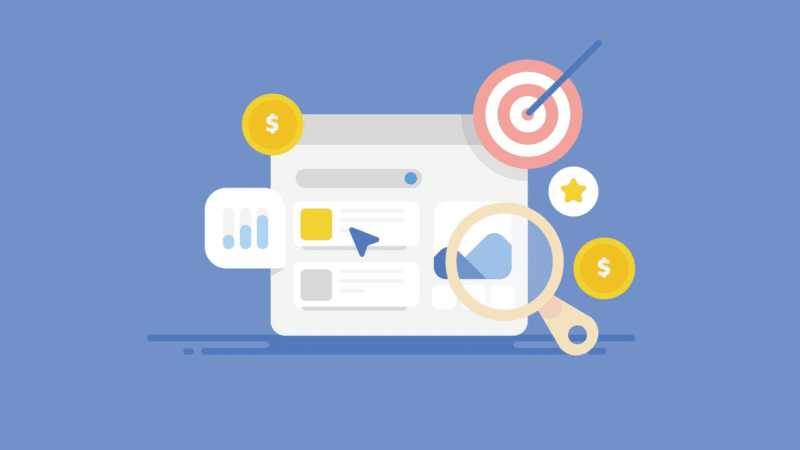
Balancing SEO and PPC: A Strategic Guide to Avoid Keyword Cannibalization
Navigating the digital landscape requires a careful balance between Search Engine Optimization (SEO) and Pay-Per-Click (PPC) advertising. As businesses ramp up their paid search efforts, the risk of keyword cannibalization grows—where paid ads steal traffic and attention from organic search results, potentially undermining overall performance. This article delves into critical indicators of such cannibalization and outlines actionable strategies to ensure that both channels complement rather than compete with each other.
One of the foremost signs that PPC may be negatively impacting SEO is a decline in organic click-through rates (CTRs). If an increase in PPC clicks does not translate into a boost in overall website traffic, it may be time to investigate further. Observing rising paid conversions alongside dwindling organic conversions is another red flag that suggests the need for strategic adjustments.
To combat this issue, conducting a keyword overlap audit is essential. By identifying keywords that are being targeted by both PPC and SEO, marketers can focus on protecting high-performing organic keywords. This might involve excluding certain keywords from PPC campaigns, particularly those ranking well in organic search but in lower positions. Implementing negative keywords is another effective strategy, allowing ads to target relevant terms while avoiding competition with well-performing organic searches.
A thoughtful evaluation of brand bidding strategies is equally important. Many companies mistakenly bid on branded terms despite already ranking organically. While this can sometimes be necessary when competitors target those terms, it’s often more cost-effective to create brand exclusion lists, thereby minimizing unnecessary spending. Furthermore, with the emergence of Performance Max (PMax) campaigns, a tool leveraging AI to serve ads across multiple Google platforms, concerns about cannibalization have intensified. The broad matching capabilities of PMax campaigns can inadvertently impact SEO traffic, making refined asset groups and account-level negative keywords crucial.
To ascertain whether PPC is genuinely affecting SEO efforts, conducting pause tests, adjusting bids, and analyzing assisted conversions are highly recommended. Monitoring organic CTR changes post-adjustment provides clarity on the interrelation between the two strategies.
Moreover, there’s a technological dimension that deserves attention—link shortening and management. Custom domain configurations for short links can significantly enhance click-through rates on both PPC and organic campaigns by simplifying URLs and streamlining user experience. Incorporating URL shorteners, such as BitIgniter or LinksGPT, can provide valuable insights into traffic sources and user engagement, further informing PPC strategy and execution.
As digital marketing continues to evolve, the synergy between SEO and PPC becomes increasingly vital. Brands can optimize their approach by implementing meticulous keyword management and strategic bidding practices. Avoiding the pitfalls of conflict between paid and organic search not only maximizes returns but also creates a balanced digital presence that customers can trust.
In conclusion, fostering alignment in PPC and SEO strategies holds the key to enhancing performance across channels. By avoiding unnecessary costs and maximizing the strengths of both approaches, businesses can drive more organic and paid traffic. The integration of sophisticated tools for URL management further enriches this strategy, ensuring that marketing efforts are both effective and efficient.
#BitIgniter #LinksGPT #UrlExpander #UrlShortener #DigitalMarketing #MarketingStrategy
Want to know more: Read more here

